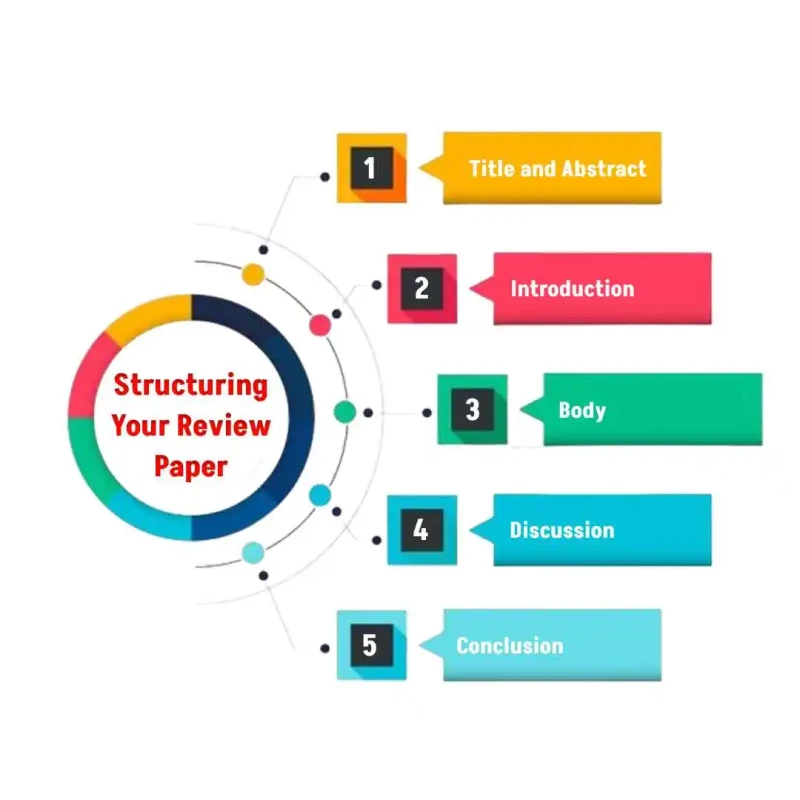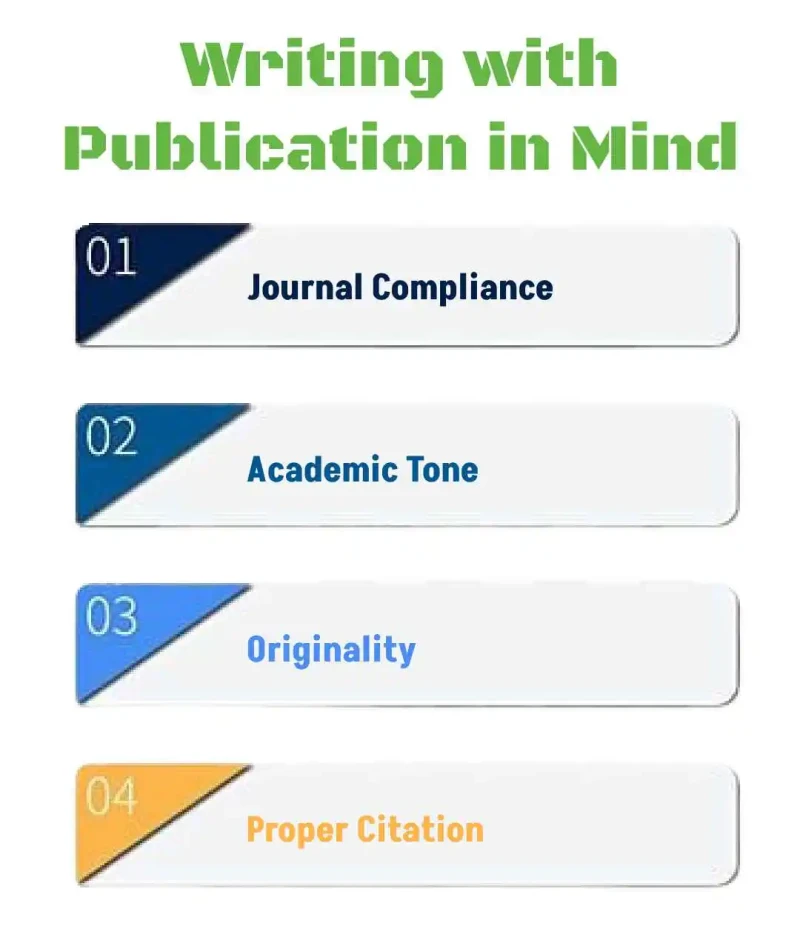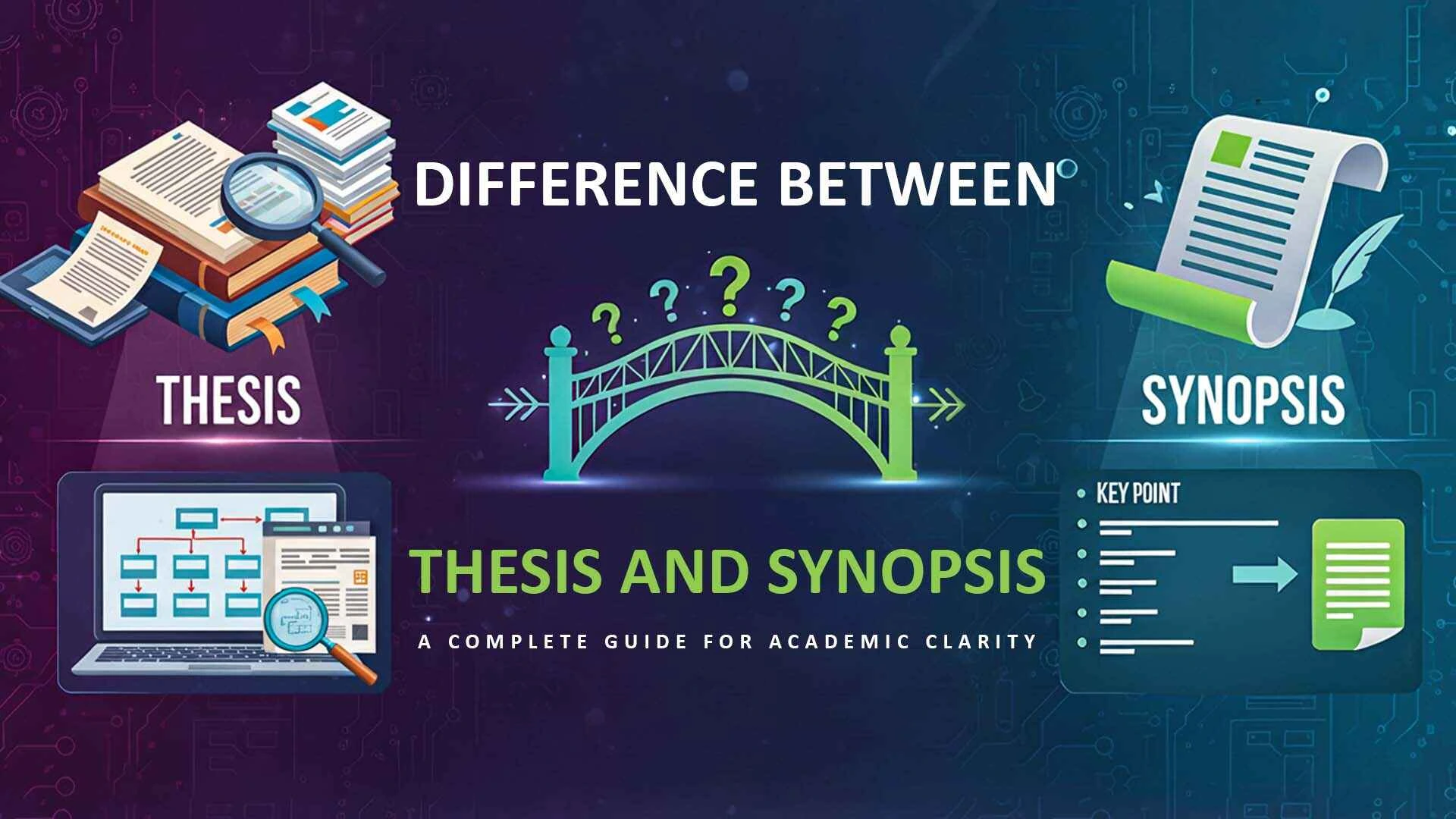
Luca
Several researchers find themselves staring at an empty screen, asking, “How do I write a review paper that is worthy of publication? The challenge is really summarizing ideas, meeting journal requirements, and producing something unique can be daunting. But here’s the reality: all top academic writers have been exactly where you are today.
In this blog, we’ll guide you on how to write a review paper, breaking the process down step by step. We’ll also explain how to write a review paper for publication and ensure it gains recognition. By the end of this, you would have grown comfortable with making sure that your paper is one that grabs attention so that it stands out.
A review paper is a summary, analysis and synthesis of already published research that provides an overview of a subject and identifies patterns, methodology, gaps and trends in the research as well as future directions.
Although research articles imply the new data, review articles provide critical analysis on the literature, make comparisons, find gaps and synthesize the findings to come up with an overall picture to guide the readers.
The correct choice of topic is the basis of the writing of a published review paper. A powerful subject matter catches the interest of editors, completes research loopholes and makes it relevant.
Choose subjects that are meaningful within your discipline, addressing important questions, current debates, or pressing challenges. Demonstrating relevance signals to journals that your paper adds value and increases the likelihood of acceptance.
Indicate areas of under-exemplified or unexplored gaps in the literature. Identifying gaps that are clear signify originality, value addition, and an incentive to editors that would regard your review to be published successfully.
Select issues that are consistent with the research trends. Trending topics will add visibility, citations and chances of getting your paper published by high impact journals.
Ensure there is sufficient high-quality research to support your review. Choosing an achievable topic allows for an in-depth analysis, enhances credibility, and reduces the risk of rejection due to a lack of literature or weak evidence.
Even in fashionable subjects, bring about a new vision, a new combination. Being original is one way of making your review stand out, draw the attention of the editors, and prove your originality so as to be published.

Publication would require a properly organized review. By organizing your arguments well, the editors and readers can follow your line of thought.
The title is to be very brief and informative as they are to reflect the essence of the issue. The abstract should summarize the purpose of the review, methods, center findings and implications.
Introduce the research giving the importance of the topic, its current knowledge conclusion, and its goals of the review so that the reading can understand the relevance of the research
The body is the core of your literature review and typically includes:
Literature Review: It is necessary to summarize, analyze, and synthesize some major studies, note trends, contradictions, and other important findings.
Analysis and Synthesis: Compare and contrast studies, identify patterns, and evaluate methodologies to highlight gaps or consensus in the field
Research Methodology: In this study, a systematic approach was followed to identify, evaluate, and select credible academic sources. The goal was to ensure that all references used were reliable, relevant, and aligned with the research objectives.
Table / Figures: Visual representations of your data, such as tables and figures, can help simplify complex information.
The review offers significant observations by synthesizing results from different investigations, shedding light on pivotal trends, advantages, and drawbacks in the area of research. It shows the trajectory of existing studies and their points of weakness that require more focus. Though the review presents a wide-ranging view, the insights are influenced by the limits of the chosen literature and the research settings that were taken into account.
In conclusion, this review highlights the essential findings and lessons learned. It reaffirms the relevance of the topic in current research and future study. Overall, it provides a clear understanding of the review’s purpose and significance.

The ability to publish a review successfully requires the knowledge of the review demands, journal expectations, academic style, originality, and accurate citations, which enhance the acceptance rate and the standard of the scholarly work.
To avoid the desk rejection, always word your manuscript to the scope, formatting and word limit of the target journal.
The text should maintain a professional, formal, and objective style, grounded in evidence and logical reasoning. Personal anecdotes, subjective opinions, or unsubstantiated claims must be avoided to ensure scholarly rigor and credibility.
Originality refers to the introduction of new views or synthesizing the current literature in a creative manner. It is not merely descriptive, but it also provides new interpretations and critical reviews.. Such work reflects independent thinking and contributes meaningful insights to the field.
To increase your chances of publication, accurately cite all sources to credit original authors and allow readers to verify your information. Proper referencing is essential when learning how to write a review paper for publication and following your target journal’s preferred citation style
Before submission, carefully proofread your review paper to meet the journal’s formatting, citation, and word count rules, ensuring references and figures are accurate and plagiarism-free. These final revisions are an essential step in mastering how to write a review paper that meets journal expectations and academic standards.
Plagiarism Check: Use credible software to make your paper original and plagiarism-free.
Language Polishing: Carefully proofread for clarity, grammar, and flow to leave a good impression.
Even well-intended reviews can be rejected if certain pitfalls are not avoided. By being aware of challenges inherent in writing reviews you will be able to write a better paper, more likely to be published.
Most review papers are unsuccessful in that they just recap past research without providing critical examination or fresh understanding. Editors look for papers that establish gaps, integrate conclusions, and contribute meaningfully to the area.
If your review paper is too broad, it could be shallow or unfocused. If your review is too narrow, it may not engage or be of interest to readers. Settling on your scope enables the review to be thorough, focused, and current/appropriate for the field ,which is essential when learning how to write a review paper for publication.
Ignoring journal submission rules, including formatting, phrase count, structure, or quotation style, frequently leads to rejection. Adhering to suggestions demonstrates professionalism, will increase credibility, and improves your possibilities of acceptance.
Learning to write a review paper worthy of publication alongside experienced researchers is highly beneficial. Their experience will create trust, expand your perception and sharpen your judgments, and chances are more of being accepted.
Get a professional opinion, or ask a scholar or your guide to help you improve the layout, clarity, and argumentation of your review. Guidance helps you avoid the most common errors and demonstrates that you have mastered review writing.
Add the latest research and innovations to your field. Being up to date is an indicator to editors that your review is up to date, thorough, and demonstrates your ability to control the emerging trends.
Emphasize unique insights, original synthesis, or fresh perspectives. Novelty helps to make your paper stand out of the masses and proves to editors that you make a true contribution
A critical review article is not just an overview or summary, it is a piece of research that fills existing gaps in knowledge and enhances your credibility.Following established guidelines ensures your review paper is well-structured, credible, and of high scholarly value, boosting its overall impact and worth for publication.
Choosing the right topic, employing a clear organization, ensuring originality, and presenting your work according to the journal’s guidelines all increase the likelihood of your review being read, respected, and making a significant contribution to the field.
Additionally, approaching experienced researchers for guidance can further enhance the quality and impact of your review. Don’t hesitate to approach researchers for guidance to further enhance the quality and impact of your review.

How to Write an IEEE Paper for Conferences: What Reviewers Expect

Importance of Literature Review in Research – Complete Guide for Scholars

How to Write a Synopsis for a Thesis: A Complete Writing Framework

Top 5 Best Literature Review Writing Service for PhD Scholars

Difference Between Thesis and Synopsis: A Complete Guide for Academic Clarity